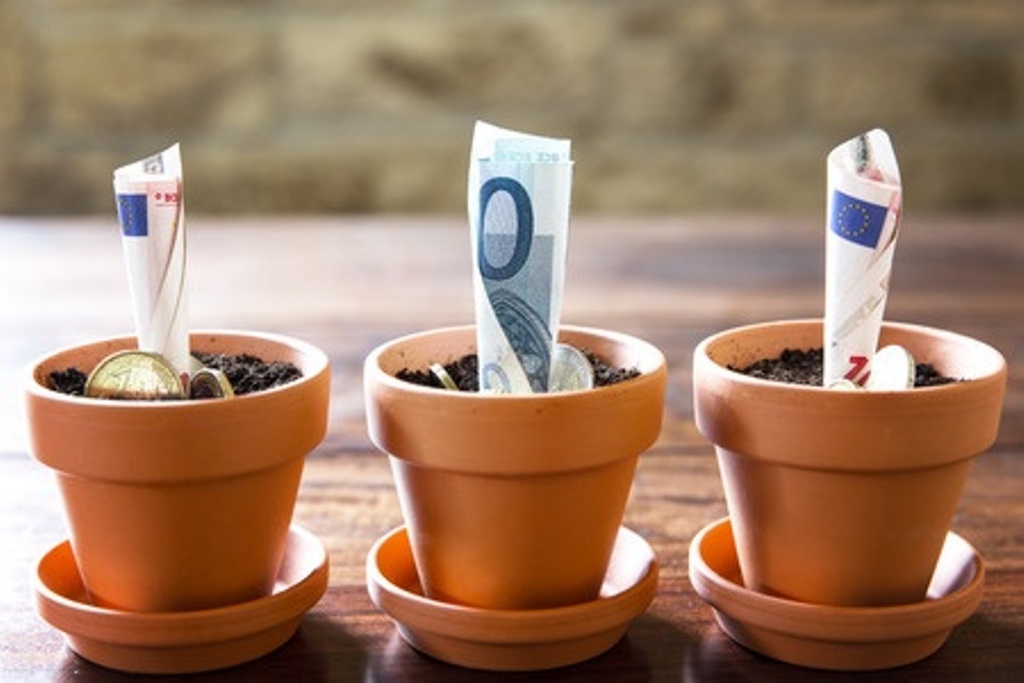Challenging myths about Europe’s funding of non-governmental organisations

The European Parliament’s Budgetary Control Committee recently organised a workshop on non-governmental organisations’ (NGOs) financing from the EU budget. The aim was to discuss – among Members of the European Parliament, representatives of the European Commission and civil society organisations – the key findings of a study commissioned by the Committee in preparation of report on this topic.
During the workshop, the authors of the study highlighted what they consider some pitfalls in how NGOs are funded (to know more, view the authors’ slides). These flaws are likely to put in question their accountability. Even if the study focuses on development and environmental NGOs, as they receive the largest contributions from the EU budget, its conclusions are relevant for NGOs active in other sectors that receive EU funding.
Representatives from different departments of the European Commission argued that NGOs play an essential role in implementing EU policies. They contribute to raising awareness of many important topics, act as watch-dogs for compliance of EU law and policies, and provide expertise. In some areas, such as in the humanitarian and development sector, NGOs contribute towards saving lives.
Representatives of NGOs remarked that without public funding provided to NGOs, there will be even greater imbalance between the various societal interests in decision-making processes. According to 2017 research, the private sector has by far the highest number of lobbyists and holds three-quarters of all high-level meetings with the EU institutions.
Of course, it is in the interest of NGOs that transparency and accountability about their funding is improved. However, the same consideration applies to all types of beneficiaries that are funded by EU Programmes.
Different departments of the European Commission manage different EU Programmes. The reporting systems and the rules about the visibility of the EU required by the different EU Programmes are not always the same. They are similar, but not necessarily consistent. If this is a flaw, improvements could be made to make the rules consistent in all EU Programmes. However, this is a consideration that is applicable to all types of beneficiaries and not only to NGOs, which sometimes receive only a limited part of the EU budget compared to other types of beneficiaries. For instance, out of the €2 billion assigned to international cooperation and development, only 25% goes to NGOs.
The authors of the study argued that it is unclear who is doing what with EU funds and that NGOs’ EU funded activities are not always given enough visibility. The study also states that a complex web of overlapping NGO networks exist and redistribution of EU funds takes place between partners. In reality, some NGOs may be active in different areas and find value for alliances in different bodies. The same happens in the business world. The way funding is allocated to different organisations is strictly regulated by the funding contract and by the financial reporting obligations. By working together in alliances and platforms, NGOs exchange, learn from each other, and build consensus in areas of common interest that sometimes leads to the adoption of common positions towards the EU institutions. The reporting systems and the Transparency Register do not always include this information.
The authors concluded that as the European Commission’s different departments use varying reporting systems and rules, substantive and publicly available information does not exist on how much NGOs are funded and for which activities, making it impossible to make a thorough analysis of the EU’s funding policy. However, it would be misleading to affirm that these considerations apply only to NGOs – indeed, they are relevant to all beneficiaries of EU programmes.
I hope that this debate and this blog can contribute to a better understanding of how NGOs work and their added value. I also hope that dialogue is continued among NGOs, Members of the European Parliament and the European Commission.












































